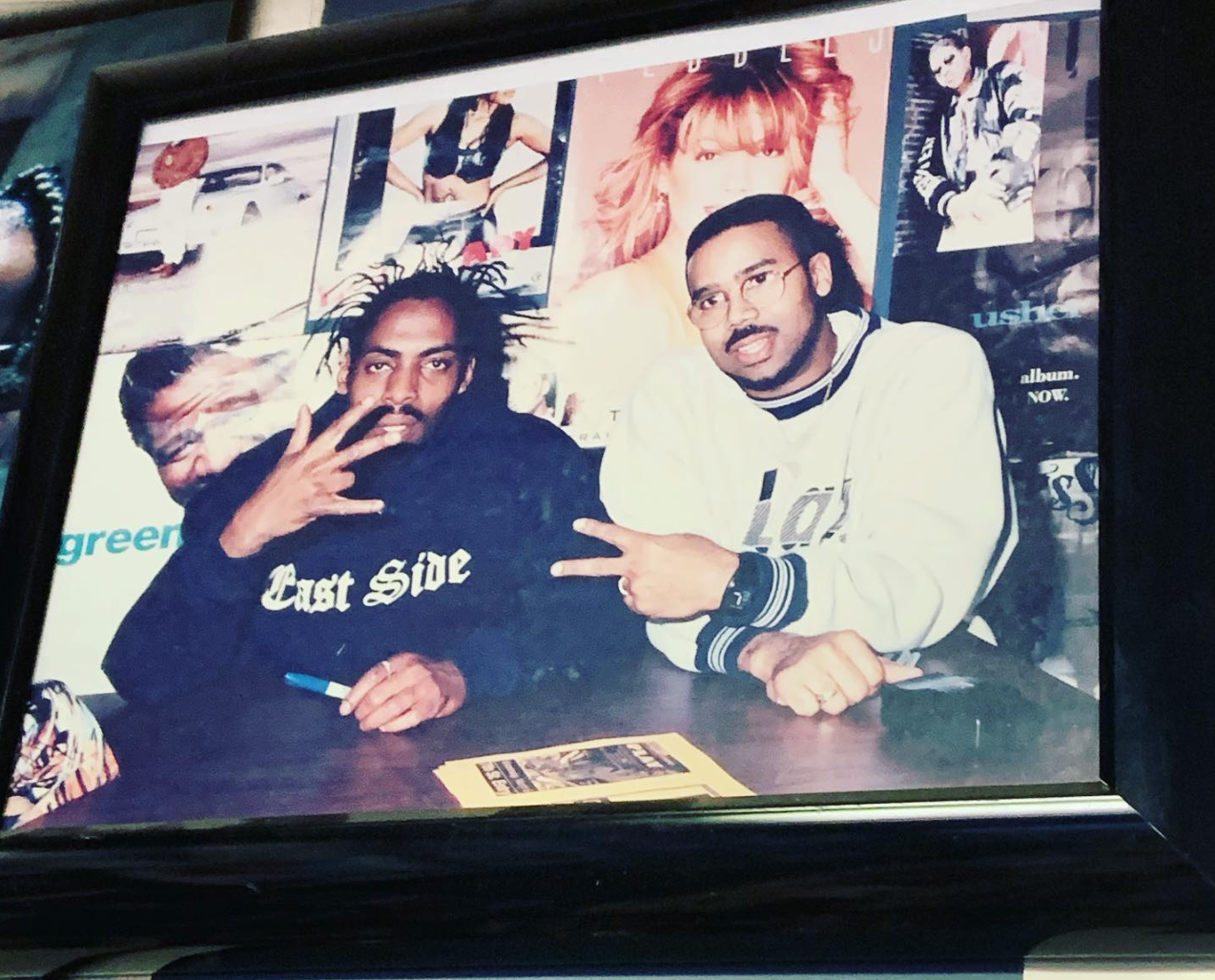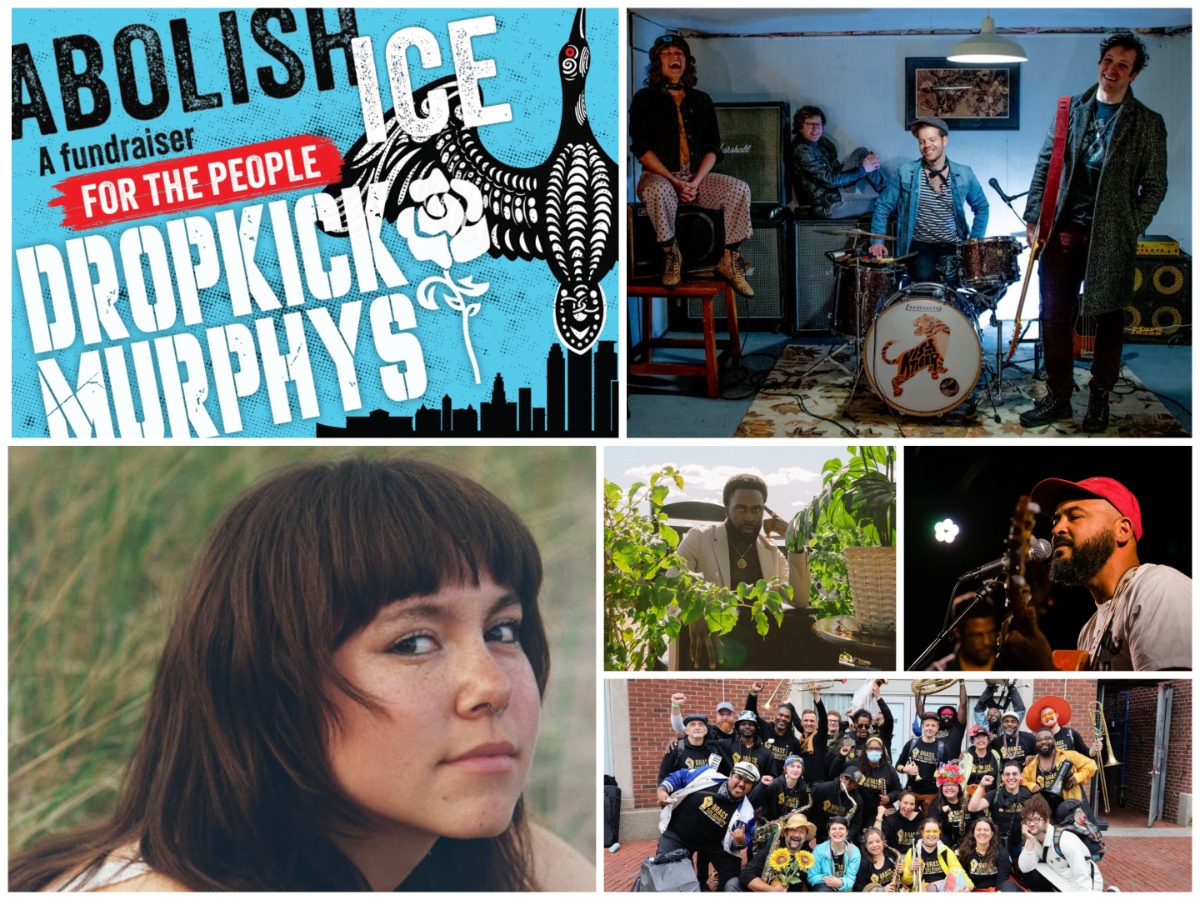Entering Urban Lights Music on a frigid January afternoon, I’m greeted by the familiar bass line from E-40’s trailblazing 2006 smash “Tell Me When to Go.” As a native of Oakland, California, who grew up in the thick of the Hyphy Movement, I immediately feel at home. It’s about an hour before closing time, and thanks to the fairly snowy afternoon, the record store is empty, except for one man standing behind a display case, working on a laptop.
Little do I know that he's Timothy Wilson, the seasoned historian and proprietor of this boom-bap wonderland.
Wilson recalls visiting the store at 1449 University Ave. W., originally called “Northern Lights,” often as a teenager. “This was kind of like our home away from home,” he says. “We would spend hours and hours listening to music.” It was this connection to the soul of the space that drove Wilson and some friends to pool together the funding necessary to purchase Northern Lights when the former owner decided to sell it in 1993.
Thirty years later—through a two-year process of building the light rail directly in front of their shop, through the recession of ’08, through the pandemic, through defending their shop from folks who targeted Black-owned businesses during the Uprising—Urban Lights Music stands tall. Posters and album covers blanket every square inch of the walls, blending the old and the new, serving as a Rorschach test for everyone who enters the space.
Throughout our conversation, we point to different albums and posters and swap stories of the memories each image brings out. I gesture to a copy of Kanye West’s 2004 album The College Dropout and time-travel back to age 11, walking to the store, birthday money in hand, to buy my first CD. Wilson points to a poster of 50 Cent’s 2005 The Massacre and recalls talking to 50 about video games for hours at a random album-release party. He then points me toward a glass cabinet case full of signed memorabilia, from DJ Quik to Nipsey Hussle to my personal favorite: a signed copy of Lil Wayne’s game-changing 2004 mixtape Da Drought 2.
Wilson recalls how Reverend Run and Jam Master Jay of Run-D.M.C. would stop in often and perform impromptu DJ sets on the turntables that sit under bright lights in the back of the store. Wilson remembers another instance where he, Run, and Jay were on their way to dinner. Run asked Wilson if he’d heard the new Mystikal album, which had just been released. When he said he hadn’t, Run insisted he’d never heard anything like it, and they should return to the shop and get the record to listen to on the drive.
Wilson tells me stories of the times he spent with Prince, and how—on more than one occasion—the phone in the shop would ring and the unmistakable tone of Prince’s voice would be on the other side of the line, simply checking in and asking if the shop needed anything.
Above all, Wilson understands how his role as a member of a larger community goes beyond owning a record store. Over the years, Urban Lights Music’s open mic has served as a springboard for local artists sharpening their pens alongside their peers. Wilson envisions the store as a free and open space for people to come and explore. Folks showcase their work, get feedback, make edits, and listen to records from the vast collection of crates—inspiration for whatever new creations they have cooking up.
“We try to give people opportunities to bet on themselves in a positive environment,” Wilson says. “We want young people to learn as much as they can in front of and behind the microphone.”
Beyond the shop, Wilson partners with folks within the music industry to provide services to young folks, and teaches them some of the technical skills that go into making music-mixing, mastering, production, and sound design.
After we finish chatting, I stick around for a bit, digging through the crates just like I used to as a kid. As I head out, I ask Wilson what his favorite part of owning the shop is.
“All of it,” he responds. “It’s a labor of love.”






